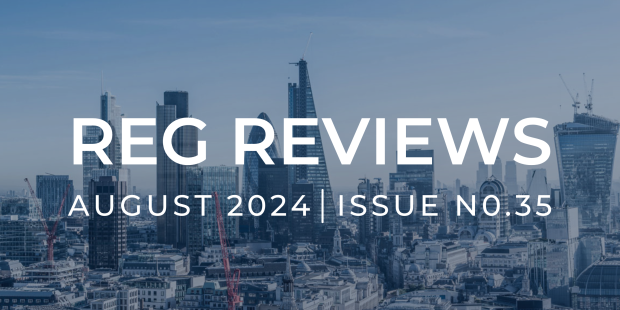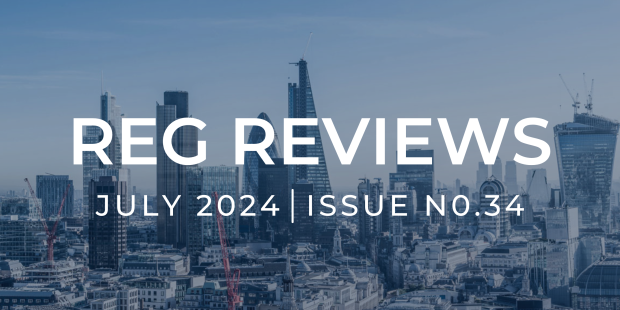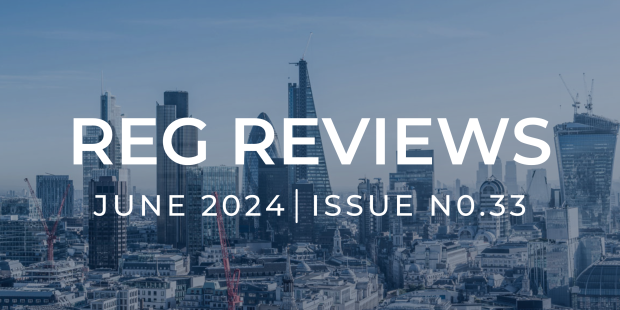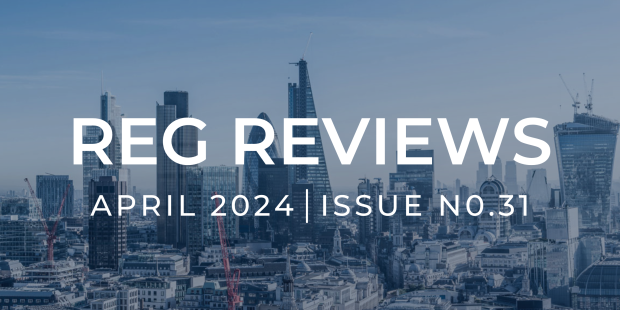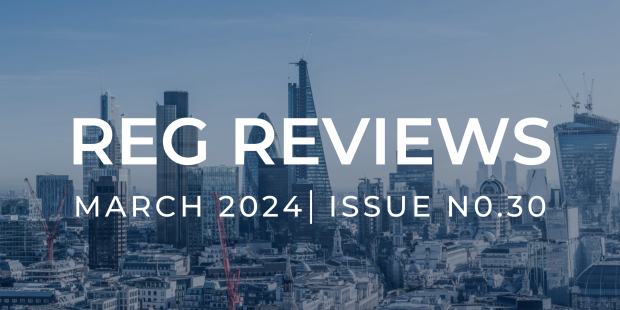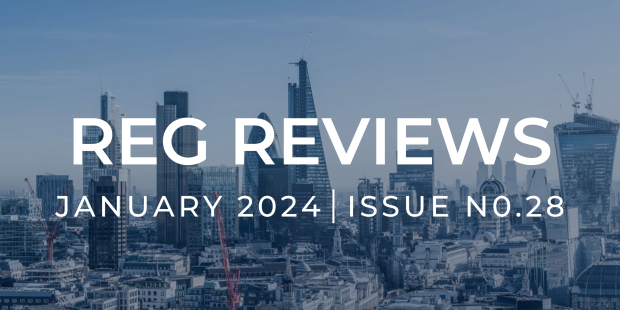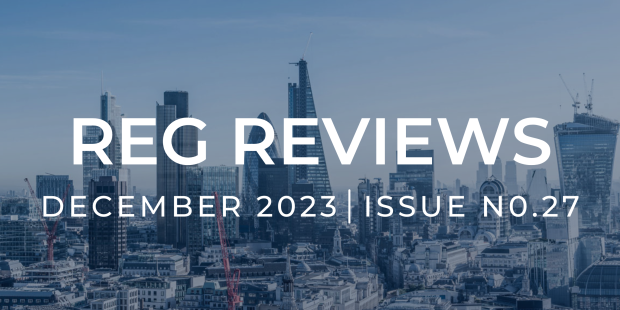On September 12th, REG will launch REG Verified – the Trusted Status for Businesses. With over 15,000 businesses in our network being granted REG Verified status following launch, this new module offers a game-changing solution for quick, cost-effective decision-making about new counterparty relationships.
What is REG Verified?
REG Verified is a free, at-a-glance status check that provides users with immediate insights into the authenticity and viability of businesses. This innovative tool is designed to simplify and expedite the onboarding process, allowing companies to make fast ‘No or Go’ decisions without the burden of detailed due diligence and ongoing monitoring costs. By eliminating these traditionally time-consuming steps, REG Verified empowers businesses to operate with greater speed, efficiency, and confidence.
Key Benefits of REG Verified:
Assurance of Authenticity: REG Verified offers a guarantee that the businesses you connect with are legitimate and trustworthy. Our rigorous verification process ensures that only credible entities are granted REG Verified status, giving you peace of mind when forming new partnerships.
Improved Search Efficiency: With REG Verified, finding the right partner has never been easier. Our tool provides an instant view of a business’s verified status during searches, drastically reducing the time spent on background checks and allowing you to focus on building valuable relationships.
Confidence in Connection: The confidence REG Verified brings to your business interactions is unmatched. By offering a clear, concise overview of a company’s incorporation, credit standing, and AML checks, REG Verified enables you to assess viability ‘at a glance’ before committing to a connection.
REG Verified is designed with one goal in mind – to make the insurance market faster, smarter, and safer. By offering free access to this powerful module, we are ensuring that both businesses and customers can operate with greater efficiency and security, paving the way for more robust and trustworthy business relationships and a new standard for business interactions.
How REG Verified Works
Find Verified Businesses for Free: With over 15,000 businesses already verified and more being added daily, REG Verified makes it simple to identify potential partners within our network. An instant view of a company’s verified status is available as soon as you start your search.
Comprehensive Verification: REG Verified performs thorough checks on incorporation details, creditworthiness, and potential sanctions, providing a clear snapshot of a business’s viability. This allows you to evaluate potential partners quickly and confidently.
Streamlined Onboarding: REG Verified drastically shortens the onboarding process. By focusing on verified businesses, you can bypass lengthy due diligence procedures, enabling you to establish connections swiftly and move forward with your business objectives.
The launch of REG Verified marks a significant milestone in our commitment to innovation and excellence within the insurance industry. We are excited to see the positive impact this tool will have on our network and the broader market, as we continue to enhance the ways in which businesses connect and collaborate.
Stay tuned for more updates as we approach the official launch date, and get ready to experience the future of business verification with REG Verified on September 12th.

















